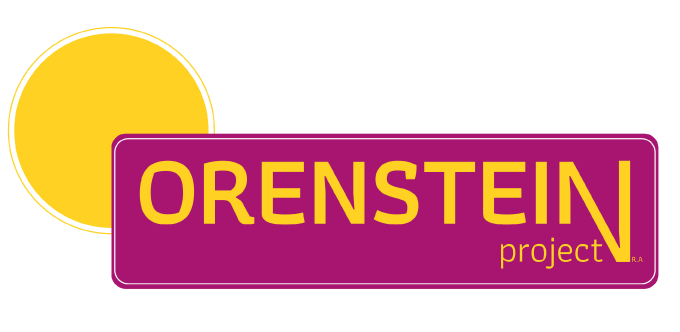
Who we are
The Orenstein Project has been operational in Israel since 2017, working to fulfil Henry and Susie Orenstein’s vision to provide nutrition security and support to underprivileged children, teens, families, and the elderly - giving them the opportunity to blossom.
The Orenstein Project maximizes its resources, working in tandem with local government agencies, the business sector, and other non-profit organizations.
Every day, The Orenstein Project initiate, operate, and support hundreds of students in the "long school day" programs, providing meals and extra-curricular activities for children and teens, the elderly, Holocaust survivors, and other underprivileged groups.
Our Staff
Assaf Vaizenberg
COO
Yonit Raviv-Silberstein
CEO
Members of the association

The main activities

Daily support for educational institutions and learning centers
-
Extension of the school day in primary and secondary schools for about 450 children combined with classes, tutoring and emotional therapies.
-
Assistance to about 200 students in learning centers and schools in order to enable effective studies.
-
Educational frameworks in the afternoon for about 250 children seeking asylum and foreign workers.

Enrichment and promotion of youth
-
Enrichment and leisure activities in after-school settings for about 300 children and teenagers in community centers, sports and cultural centers.
-
3 pre-military programs for about 150 boys and girls at risk.


Elderly and Holocaust survivors
-
Meals at Your Doorstep - weekly distribution of meals to 200 homes with the help of volunteers.
-
200 Monthly food packages tailored to the needs of the elderly are delivered to their home with the help of volunteers.
-
Cooking community - Community volunteers cook weekly hot meals for 100 elderly and people living alone, who are unable to cook for themselves.
As part of collaborations with welfare departments at different municipalities and other organizations, there is a broad envelope tailored to the needs of the elderly that includes physical, emotional and social aspects.
The elderly people are in constant contact with volunteers and welfare officials, take part in social events, receive assistance with essential products and repair defects in their homes.
For donations >>

